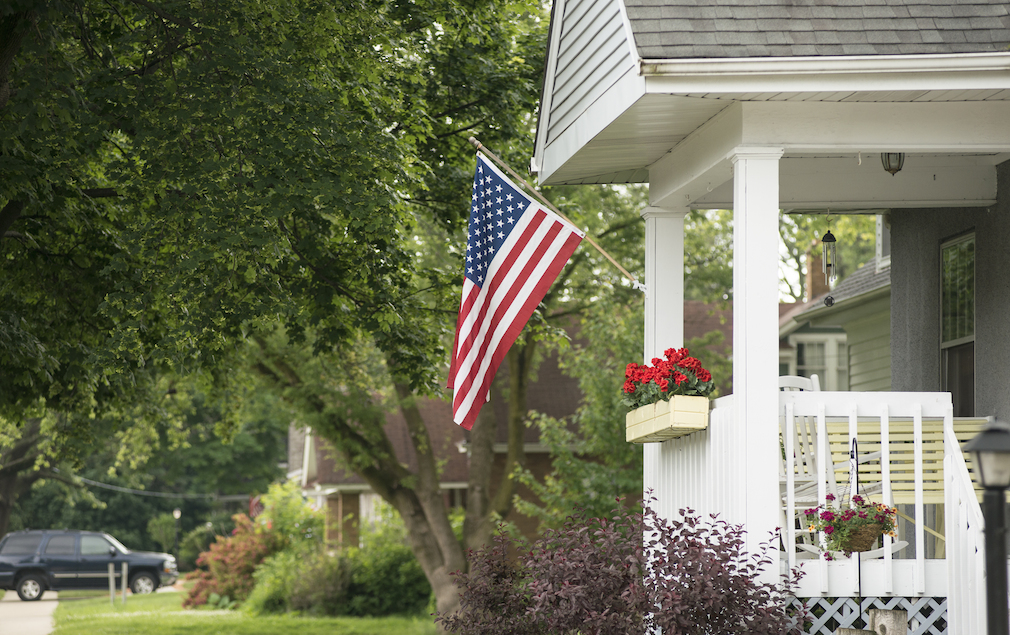With the J. Ronald Terwilliger Foundation for Housing America’s Families’ Housing America’s Families Forum coming up on November 15, HousingWire sat down with Rick Lazio, a former New York representative, to discuss the challenges in today’s housing market. HousingWire is a media partner for the event.
Jacob Gaffney: What do you consider the most significant challenge in housing today?
Rick Lazio: As I see it, high rent burdens are the number-one challenge. More than 11 million families spend in excess of 50% of their income just on rent. The demand for affordable rentals far exceeds available supply.
It’s true the production of new multifamily rental homes has really picked up in recent years. But most of this activity is taking place at the higher end of the market. From 2005 to 2015, the number of homes renting for less than $800 actually declined by more than 260,000 as the overall rental stock increased by 6.7 million units.
What’s underappreciated is the impact of high rent burdens on the homeownership market. Millions of Millennials are forming households and opting for rental housing. While many hope to own a home some day, high rents are making it very difficult to save for a mortgage down payment. This factor – along with student loan debt, a lack of affordable inventory, and regulatory policies – are frustrating the aspirations of potential first-time homebuyers.
Gaffney: How is Washington responding?
Lazio: Fortunately, it appears the Congress is beginning to appreciate the scope and impact of America’s rental affordability crisis. Most notably, Senate Finance Committee Chairman Orrin, R-Utah, and Sen. Maria Cantwell, D-Wash., have introduced legislation increasing federal support for the Low Income Housing Tax Credit by 50%. Enacting this legislation is of critical importance to help reduce the shortfall in affordable rentals.
I’m very pleased the “Big 6” tax reform framework retains the Low Income Housing Tax Credit. This is a remarkable achievement: only two tax credits in the entire tax code were singled out for protection. One was the Housing Credit. The housing community has done a great job educating Congress, particularly Congressional Republicans, about the effectiveness of the credit in supporting the production and preservation of affordable rental homes.
There are other positive signals. Rep. Joe Crowley, D-N.Y., a top House Democrat, recently introduced legislation that would establish a new renter’s tax credit to provide “demand-side” relief for low- and moderate-income families who struggle with high rents. Sens. Bill Cassidy, R-La., and Chris Van Hollen, D-Md., and Reps. Bruce Poliquin, R-Maine, and Denny Heck, D-Wash., have introduced the “National Month for Renters” resolution, which recognizes the severity of the rental affordability crisis.
More recently, a bipartisan group of Senators asked the U.S. Government Accountability Office to assess the economic and social impact of the dissatisfactory conditions in housing, including the cost of failing to take action in response.
All these are positive steps. They show that many in Congress recognize that housing should be a priority focus.
Gaffney: What do you hope to accomplish at the Housing America’s Families Forum?
Lazio: The Forum provides an opportunity for the entire housing community – affordable housing advocates, homebuilders, mortgage bankers, academics, and policymakers – to come together to examine some of the key issues in housing and learn from each other. We will have panels on a broad range of topics, including housing as platform for economic and social mobility, the promotion of sustainable homeownership, and the deep connection between housing and health.
We are excited that Department of Housing and Urban Development Secretary Ben Carson will be joining us as well as Craig Phillips, who is leading the Administration’s efforts on housing finance reform. Last year’s forum took place in Dallas. This year, we are headed to Detroit, a city undergoing a remarkable transformation.





